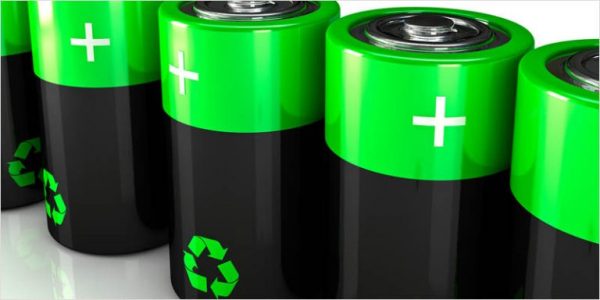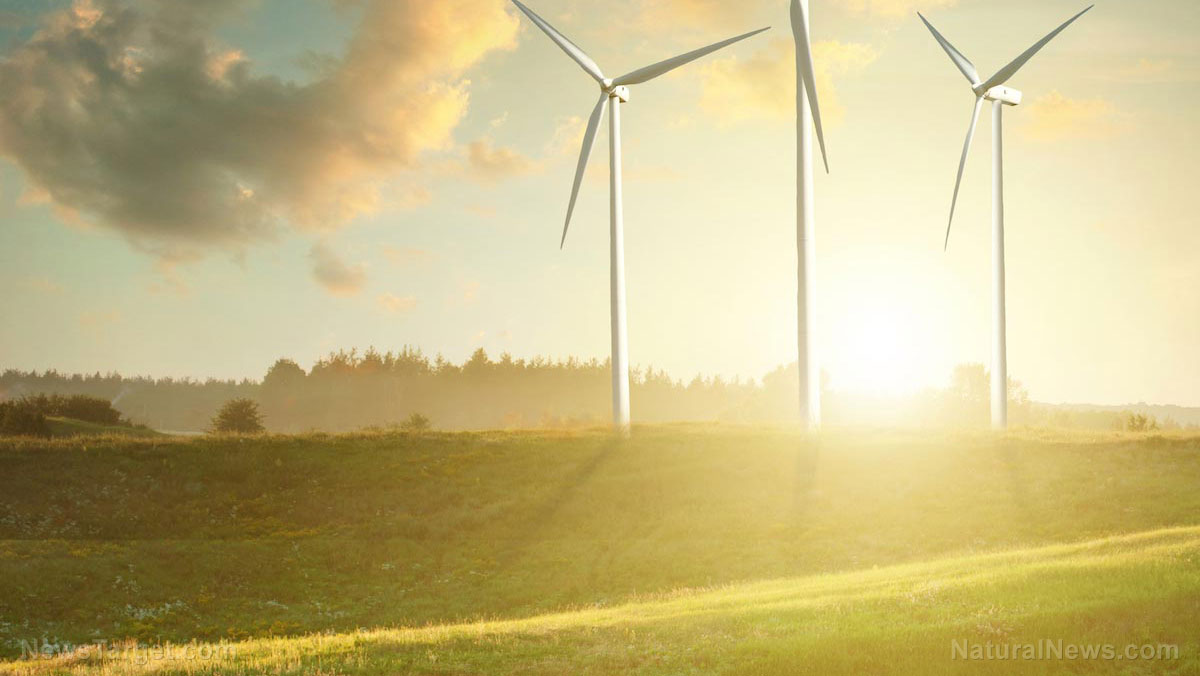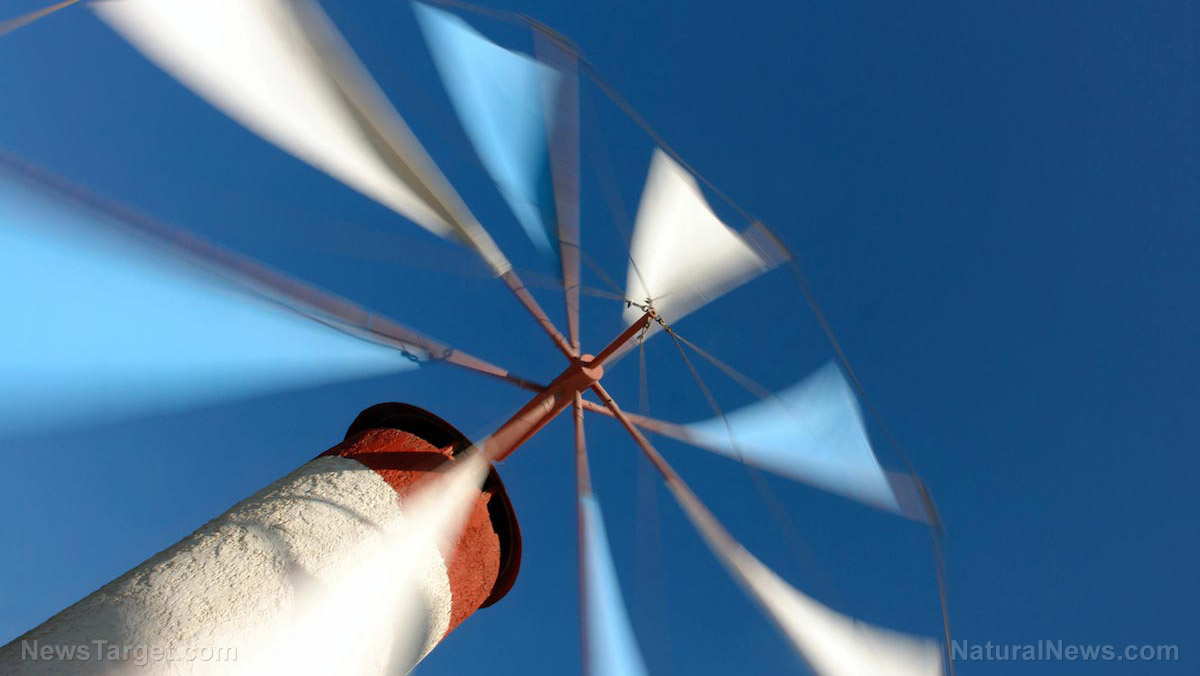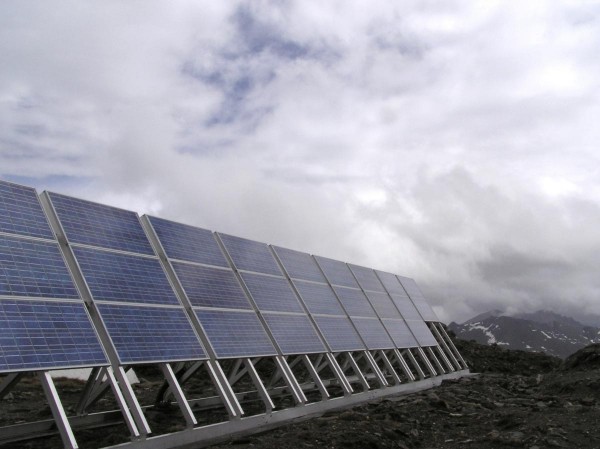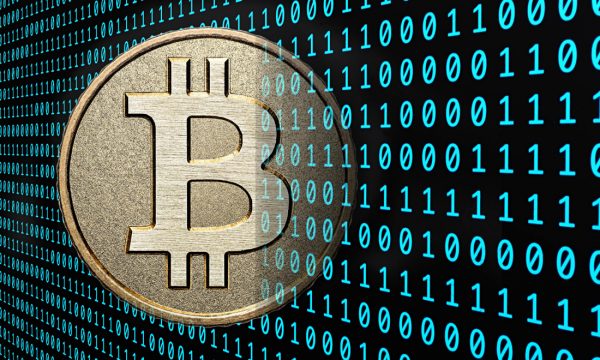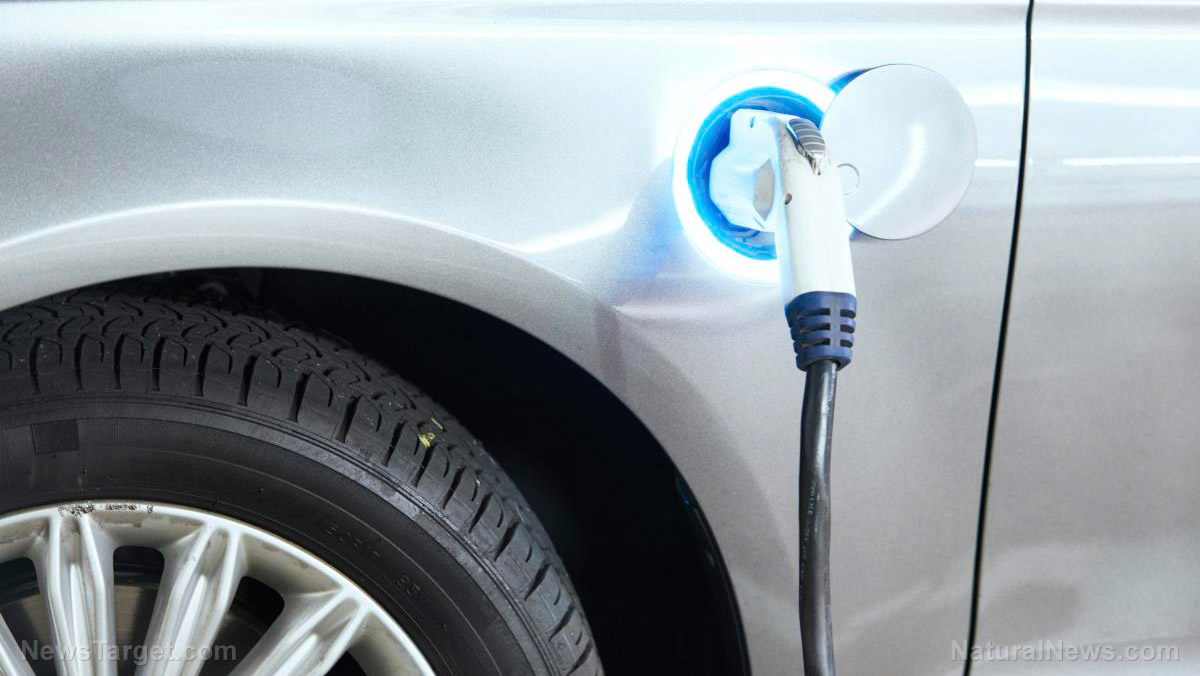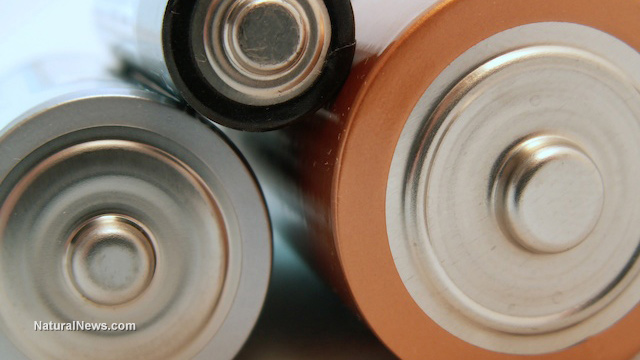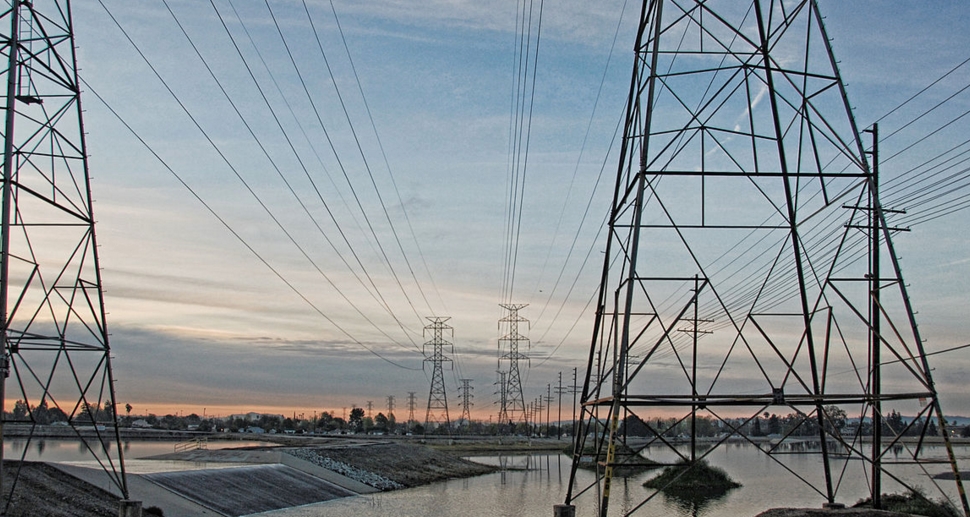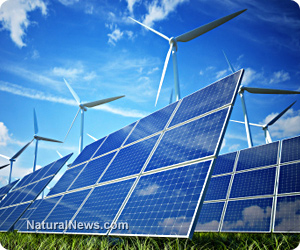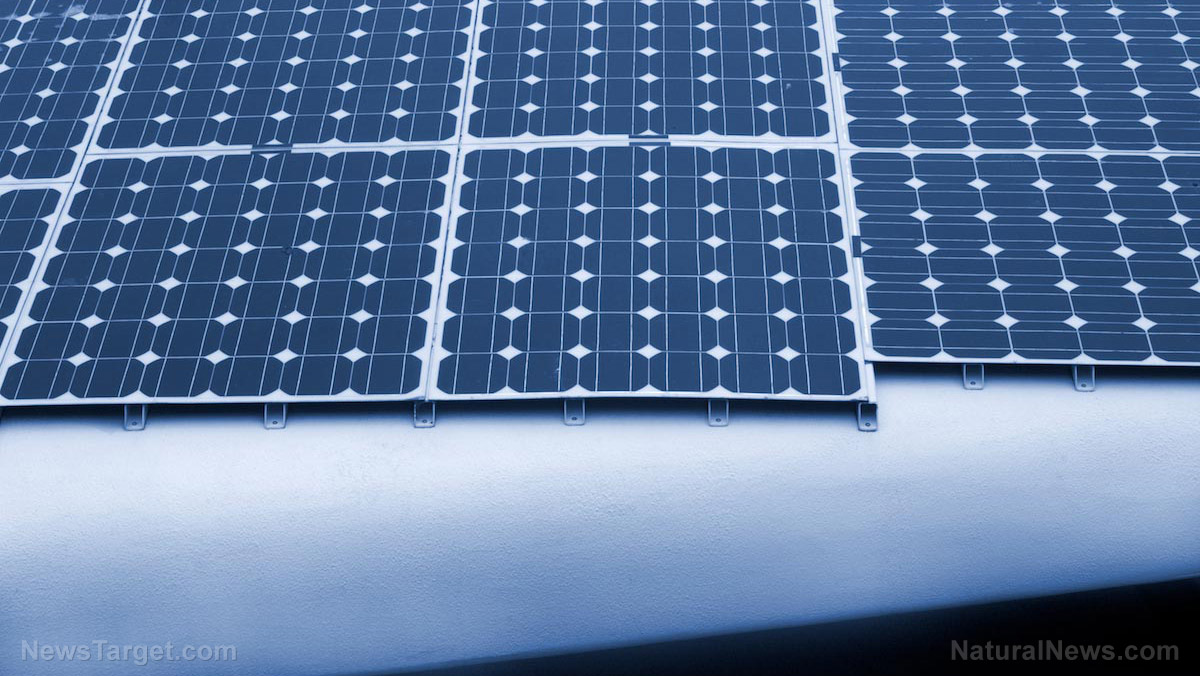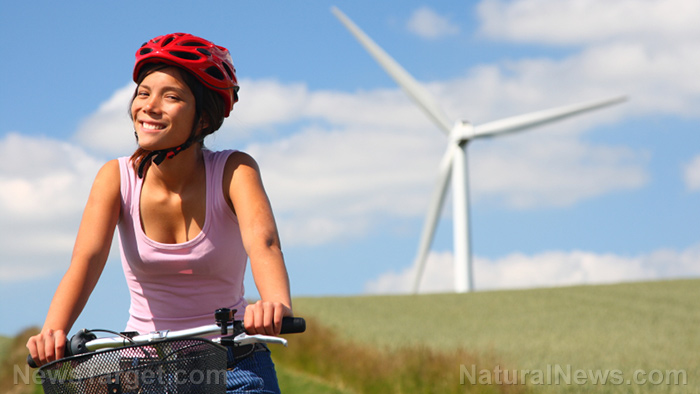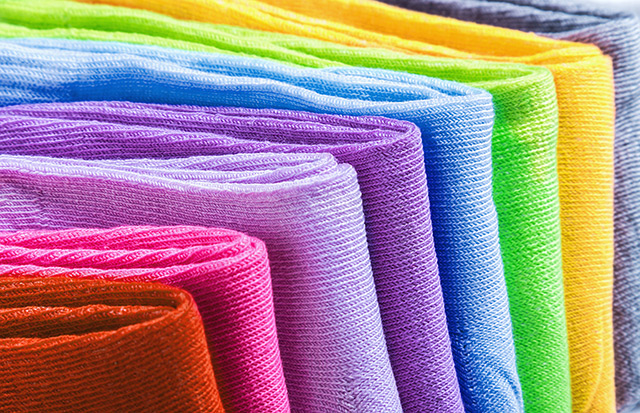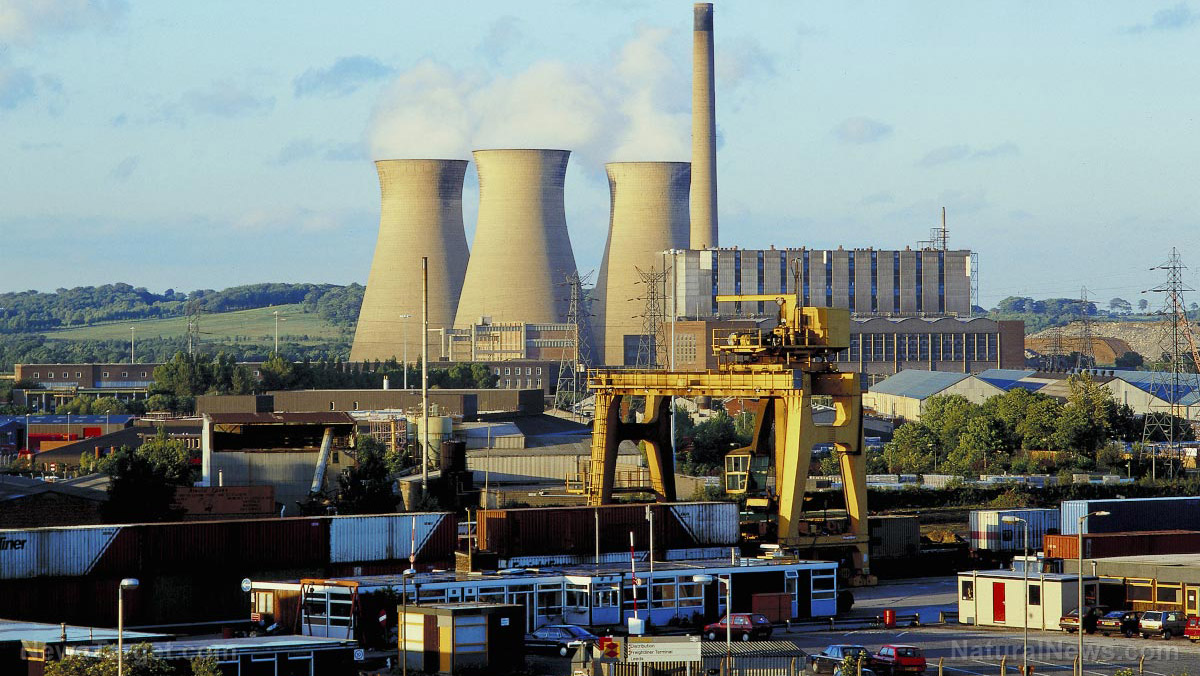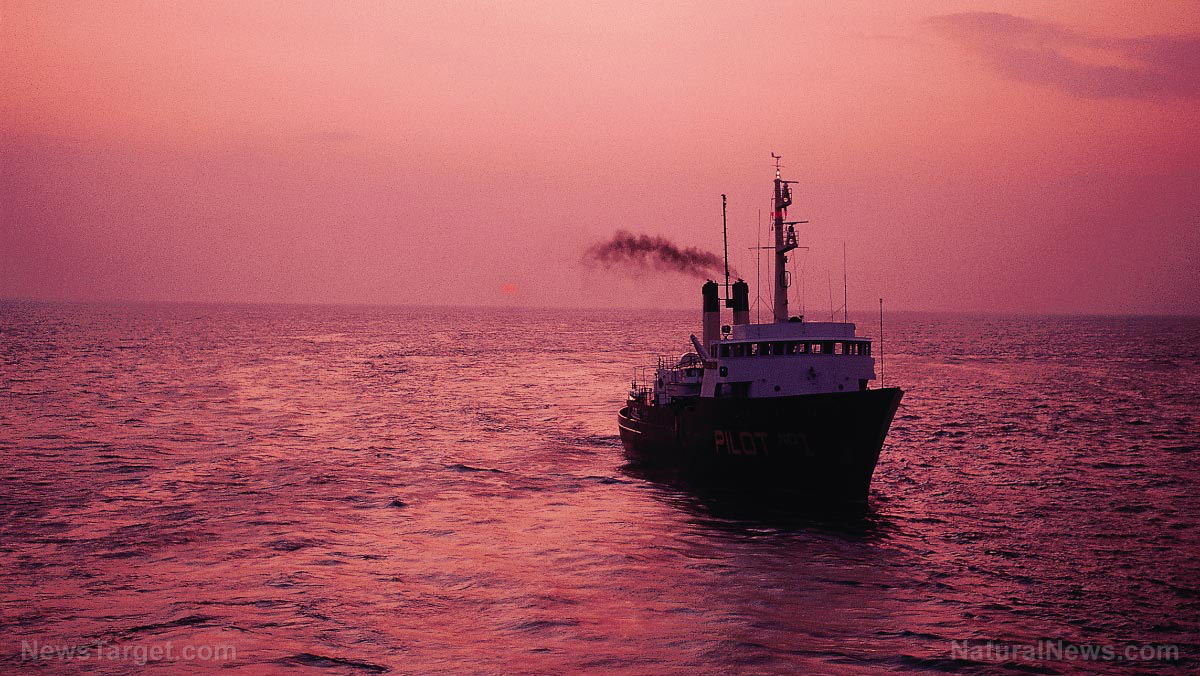Truth be told, the socialist utopia of Venezuela really couldn’t be any further from paradise. The authoritative regime in charge has been openly hostile towards the private sector for decades, leading to economic dislocation, empty shelves at the grocery stores and nationwide poverty. It has gotten so bad that many Venezuelans are resorting to digging through piles of trash in order to find something to eat. Crime rates in Venezuela are also through the roof, forcing people to live in fear alongside violent gangs that roam the streets. Given all of these problems, it would appear that it couldn’t get any worse for the socialist country. Sadly, though, when big government is in control, things can always get worse.
Recently, hundreds of Venezuelans found themselves stranded in their cars in the middle of the streets as the country’s gas stations ran out of their supply of gasoline. This was certainly a shock to many, as Venezuela, an OPEC nation, was believed to have the world’s largest oil reserves. (RELATED: Thousands of people are currently trapped in Venezuela due to a passport shortage).
Of Venezuela’s twenty-three states, eight of them have reported significant shortages in their supplies of gasoline – Miranda, Aragua, Lara, Barinas, Anzoategui, Nueva Esparta, Bolivar, and Monagas. Hundreds of cars in these states ran out of gas as they were waiting in seemingly endless lines to refill, significantly affecting the smooth flow of traffic.
Naturally, many residents expressed anger and frustration over the gasoline shortage. “I have been to four or five gas stations and it has been impossible to fill my car,” Jose Torres of Caracas explained to reporters. Student Freddy Bautista added, “Yesterday, I went to three filling stations and I couldn’t fill my tank. I’ve been waiting 30 minutes here, and it seems like I’ll be able to fill up today.”
Even though Venezuela’s oil reserves consist of some 298 billion barrels, the thickness of the oil requires it to be extensively refined before being sold to consumers. The Venezuelan government is reliant upon foreign nations to do this refining.
The newspaper El Carabobeno reported that the government’s excuse for the lack of gasoline was weather delays, which prevented oil shipments coming in from abroad from being quickly and efficiently distributed. However, the paper disputed that claim: “Within PDVSA there was knowledge that they could only bring to market 40,000 barrels of oil to meet a demand of 260,000 barrels weekly.” PDVSA stands for Petroleos de Venezuela, the Venezuelan state oil corporation.
Last month, Venezuela increased its exports of oil up to 88,000 barrels per day to countries like Cuba and Nicaragua, according to PDVSA documents obtained by Reuters. At the same time that Venezuela was increasing the amount of oil it was exporting, PDVSA ran out of money to pay for the refined oil that the country imports from abroad.
PDVSA did not respond to Reuter’s requests for comment on the matter.
It is absolutely astonishing how many people in our own country support entrusting the federal government with more power and ultimately the establishment of a socialist state. All one has to do to know that socialism fails is look to Venezuela, a country that can’t even make food and gasoline available to its people. Yet the most common arguments we hear from radical leftists like Bernie Sanders is that socialism leads to more fairness and more equality. They tell us that the redistribution of wealth is good for the economy because it “gives everyone a fair shake.” The obvious question, then, is that if socialism really is this paradise that liberals say it is, why is the socialist country of Venezuela currently teetering on the brink of collapse?
Sources
Breitbart.com
Yahoo.com


